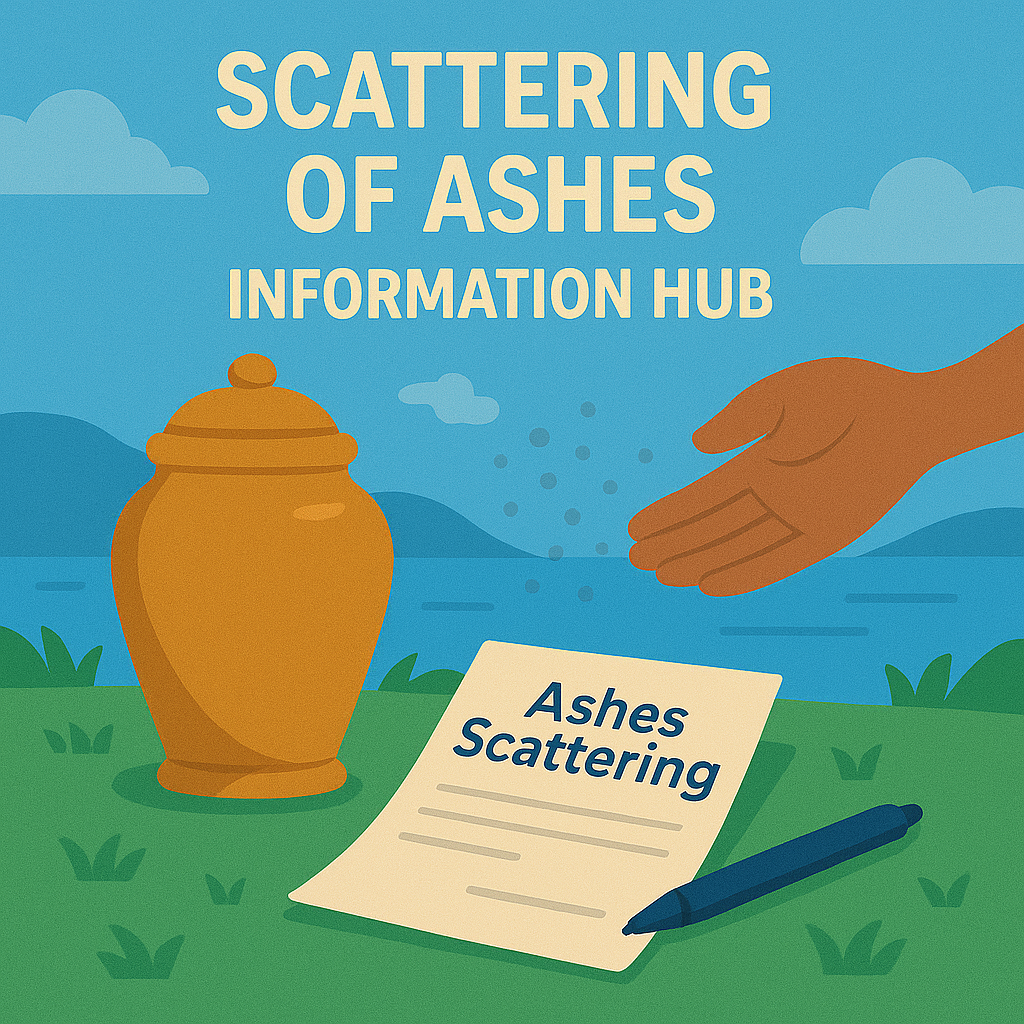Where the journey continues with the wind.
The Scattering Of Ashes Information Hub
Scattering ashes is a meaningful way to honor a loved one’s life and connection to the world around them. Whether you envision a mountaintop, a favorite beach, or a family garden, planning ahead helps create a beautiful and respectful farewell.

Key Things To Know
Scattering ashes can be a beautiful, symbolic farewell. Before you plan, there are a few important things to consider about locations, legalities, and traditions.
- Permissions may be required: Some public lands, parks, and waters need permits for scattering ashes.
- Private property needs consent: You must have the landowner’s permission before scattering ashes on private land.
- Laws vary by location: State and local regulations can affect where and how ashes can be scattered.
- Biodegradable urns are an option: These urns are designed to naturally break down in water or soil during scattering.
- Multiple scattering sites are allowed: Ashes can be divided among family members and scattered in several locations if desired.
- At-sea scattering has special rules: Ashes must typically be scattered at least three nautical miles from shore under U.S. law.
- Weather and timing matter: Choose a day and setting that are safe, respectful, and fitting for the ceremony you envision.
- Environmental sensitivity is important: Be mindful of delicate ecosystems when scattering ashes in natural areas.
- Ceremonies can be as formal or informal as you like: You can create a simple, private scattering or a full gathering with music, readings, and traditions.
Frequently Asked Questions
Here are answers to common questions about planning a scattering of ashes ceremony and honoring your loved one’s wishes.
Disclaimer: The information provided on this website and by Buried in Work is for general informational purposes only and should not be considered legal advice. Please consult with a qualified attorney or subject matter expert for advice specific to your situation.
